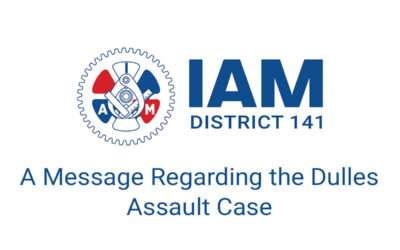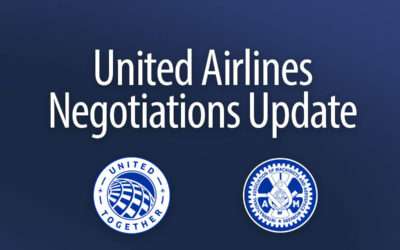Transcript: Alaska Airlines Pilot Calm Under Depressure
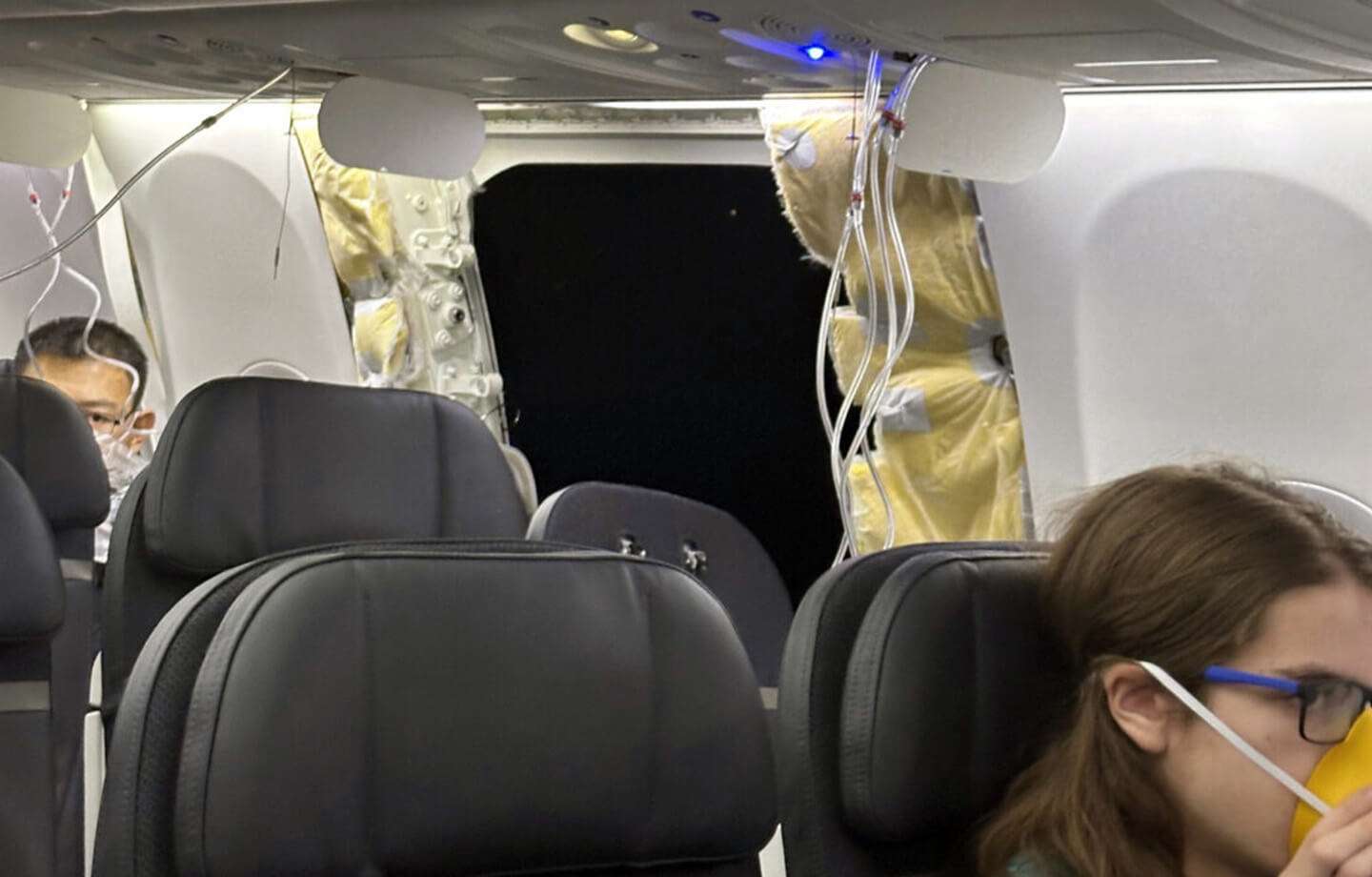
Transcript: Alaska Airlines Pilot Calm Under Depressure
The pilot flying the Alaska Airlines flight from Portland to Seattle last Friday is getting noticed for her super-chill handling a blowout of a cabin door as her plane was three miles in the air.
Just after 5 pm local time on Friday, an emergency door that had been deactivated and converted for use as part of the regular cabin structure blew out at an altitude of 16,000 feet. The plane was carrying 171 passengers and six crew members at the time.
This terrifying event resulted in the depressurization of the cabin. The force of air rushing in was so powerful that it ripped off the shirt of a young boy, who was held tightly by his mother. Multiple passengers also watched helplessly as their phones were sucked out into the night sky.
The pilots touched down safely at Portland International Airport just 20 minutes after takeoff.
Fortunately, no one aboard was seriously injured, thanks in part to the fact that the rows next to the door were empty.
But a larger factor in preventing the incident from worsening was the pilot’s remarkably calm approach to managing the crisis. In fact, her demeanor was so steady and controlled that Air Traffic Control needed to ask if an emergency was happening at all.
Air traffic controller: “Alaska 1282 did you declare an emergency or did you need to return to …”
Alaska Airlines pilot: “Yes, we are in an emergency. We are depressurized. We do need to return. We have 177 passengers. Fuel is 18-eight.”
The pilot, whose name had not been made public at the time of this writing, was also credited with preventing panic among passengers.
In a report published by NBC News, multiple passengers praised the flight crew for their composure and credited the “calmness” of the pilot’s voice as being what had “kept everyone calm.”
Below: Transcript from Alaska Airlines Flight 1282
Air traffic controller: “1282 foreign approach. Good afternoon. You still have information zero?”
Alaska Airlines pilot: “Yeah, we do have information zero, we’d like to get lower, if possible.”
Air traffic controller: “Possibility 1282 descend and maintain 7,000.”
Air traffic controller: “Alaska 1282 did you declare an emergency or did you need to return to …”
Alaska Airlines pilot: “Yes, we are in an emergency, we are depressurized, we do need to return back to, we have 177 passengers. Fuel is 18-eight.”
Jennifer Homendy, Chair of the National Transportation Safety Board, said that “maintenance crews checked the plane and cleared it to fly — but the airline decided not to use it for the long route to Hawaii over water so that it ‘could return very quickly to an airport’ if the warning light reappeared.”
In the wake of the Alaska Airlines incident, other airlines and federal agencies are implementing additional safety measures.
United Airlines, which operates the Boeing 737 Max 9, has begun inspections of its fleet, focusing particularly on the door plugs and pressurization systems. The airline is reviewing installation procedures and adjusting protocols as necessary.
In a memo to employees, the airline said, “As of Monday, service on that aircraft remains suspended, and we have canceled 200 MAX 9 flights. We expect significant cancellations on Tuesday as well, though we have been able to operate some planned flights by switching to other aircraft types, avoiding about 30 cancellations on both Monday and Tuesday.”
As part of the inspections, United is removing two rows of seats and the sidewall liner to access each door plug, a task already completed on most MAX 9s. The process also involves inspecting and verifying the proper installation of the door and frame hardware, opening the door to inspect the area around it and the seal, ensuring any loose door bolts are tightened, and then re-securing the door to ensure it is properly fitted.
United’s teams will then document and correct any discrepancies before an aircraft returns to service. Each inspection requires a team of five United technicians and takes several hours per aircraft.
The Federal Aviation Administration (FAA) has issued new inspection guidelines for Boeing 737 Max 9 aircraft. The FAA is ensuring that all airlines adhere to these updated safety measures and inspection requirements in an effort to prevent similar incidents in the future.
Maria Deacon, Tech Ops SVP at United, stressed the importance of diligence during this process. In a message to employees, she said, ‘It’s absolutely crucial we all maintain our focus on safety and compliance, and not be distracted or feel rushed.’
Related News
An Important Message Regarding the Dulles Assault Case
I am writing to provide an important update regarding the case of Christopher Crittenden, a former Montgomery County Fire & Rescue Service captain, who assaulted United Airlines Passenger Service Employee (PSE) Jerry Mauricio at Dulles (IAD) airport on March 13th...
United Airlines Negotiations Update for September 16, 2025
Our negotiating team and United Airlines management continued discussions for our seven collective bargaining agreements this past week in Chicago. We were joined by subcommittees for the Central Load Planners (CLP), who actively worked on their specific...
Greg Klujewski Appointed IAM District 141 Vice President At-Large
Greg Klujewski Appointed IAM District 141 Vice President At-LargeIAM141.org3 September 2025Union Leader and Educator empowering the next generation of Machinists Greg Klujewski, a longtime union activist from Local Lodge 1487, has been appointed Vice...
Stay up to date with all the latest news and information from the District 141 of the Machinists Union

Transcript: Alaska Airlines Pilot Calm Under Depressure
9 January 2024
The pilot flying the Alaska Airlines flight from Portland to Seattle last Friday is getting noticed for her super-chill handling a blowout of a cabin door as her plane was three miles in the air.
Just after 5 pm local time on Friday, an emergency door that had been deactivated and converted for use as part of the regular cabin structure blew out at an altitude of 16,000 feet. The plane was carrying 171 passengers and six crew members at the time.
This terrifying event resulted in the depressurization of the cabin. The force of air rushing in was so powerful that it ripped off the shirt of a young boy, who was held tightly by his mother. Multiple passengers also watched helplessly as their phones were sucked out into the night sky.
The pilots touched down safely at Portland International Airport just 20 minutes after takeoff.
Fortunately, no one aboard was seriously injured, thanks in part to the fact that the rows next to the door were empty.
But a larger factor in preventing the incident from worsening was the pilot’s remarkably calm approach to managing the crisis. In fact, her demeanor was so steady and controlled that Air Traffic Control needed to ask if an emergency was happening at all.
Air traffic controller: “Alaska 1282 did you declare an emergency or did you need to return to …”
Alaska Airlines pilot: “Yes, we are in an emergency. We are depressurized. We do need to return. We have 177 passengers. Fuel is 18-eight.”
The pilot, whose name had not been made public at the time of this writing, was also credited with preventing panic among passengers.
In a report published by NBC News, multiple passengers praised the flight crew for their composure and credited the “calmness” of the pilot’s voice as being what had “kept everyone calm.”
Below: Transcript from Alaska Airlines Flight 1282
Air traffic controller: “1282 foreign approach. Good afternoon. You still have information zero?”
Alaska Airlines pilot: “Yeah, we do have information zero, we’d like to get lower, if possible.”
Air traffic controller: “Possibility 1282 descend and maintain 7,000.”
Air traffic controller: “Alaska 1282 did you declare an emergency or did you need to return to …”
Alaska Airlines pilot: “Yes, we are in an emergency, we are depressurized, we do need to return back to, we have 177 passengers. Fuel is 18-eight.”
Jennifer Homendy, Chair of the National Transportation Safety Board, said that “maintenance crews checked the plane and cleared it to fly — but the airline decided not to use it for the long route to Hawaii over water so that it ‘could return very quickly to an airport’ if the warning light reappeared.”
In the wake of the Alaska Airlines incident, other airlines and federal agencies are implementing additional safety measures.
United Airlines, which operates the Boeing 737 Max 9, has begun inspections of its fleet, focusing particularly on the door plugs and pressurization systems. The airline is reviewing installation procedures and adjusting protocols as necessary.
In a memo to employees, the airline said, “As of Monday, service on that aircraft remains suspended, and we have canceled 200 MAX 9 flights. We expect significant cancellations on Tuesday as well, though we have been able to operate some planned flights by switching to other aircraft types, avoiding about 30 cancellations on both Monday and Tuesday.”
As part of the inspections, United is removing two rows of seats and the sidewall liner to access each door plug, a task already completed on most MAX 9s. The process also involves inspecting and verifying the proper installation of the door and frame hardware, opening the door to inspect the area around it and the seal, ensuring any loose door bolts are tightened, and then re-securing the door to ensure it is properly fitted.
United’s teams will then document and correct any discrepancies before an aircraft returns to service. Each inspection requires a team of five United technicians and takes several hours per aircraft.
The Federal Aviation Administration (FAA) has issued new inspection guidelines for Boeing 737 Max 9 aircraft. The FAA is ensuring that all airlines adhere to these updated safety measures and inspection requirements in an effort to prevent similar incidents in the future.
Maria Deacon, Tech Ops SVP at United, stressed the importance of diligence during this process. In a message to employees, she said, ‘It’s absolutely crucial we all maintain our focus on safety and compliance, and not be distracted or feel rushed.’
Related
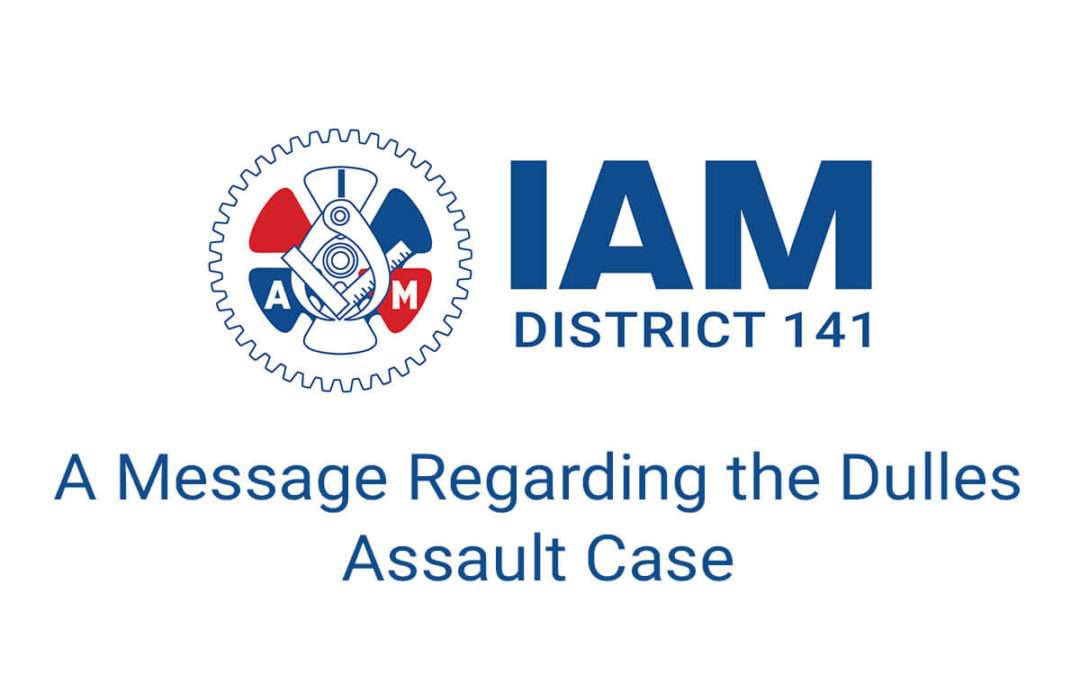
An Important Message Regarding the Dulles Assault Case
I am writing to provide an important update regarding the case of Christopher Crittenden, a former Montgomery County Fire & Rescue Service captain, who assaulted United Airlines Passenger Service Employee (PSE) Jerry Mauricio at Dulles (IAD) airport on March 13th...
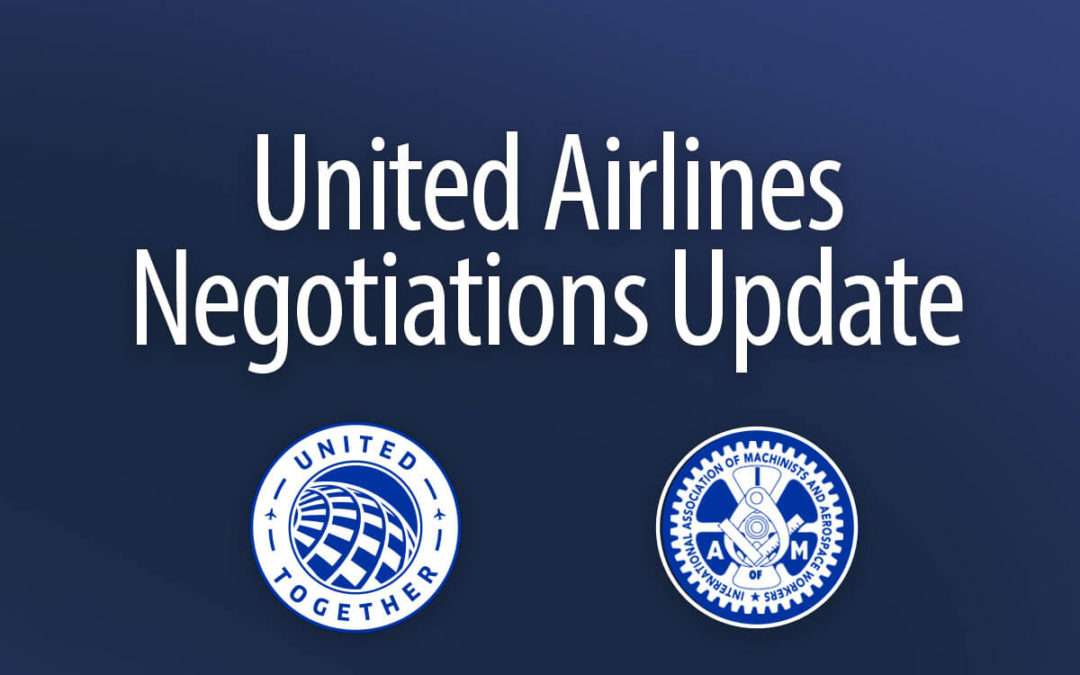
United Airlines Negotiations Update for September 16, 2025
Our negotiating team and United Airlines management continued discussions for our seven collective bargaining agreements this past week in Chicago. We were joined by subcommittees for the Central Load Planners (CLP), who actively worked on their specific...
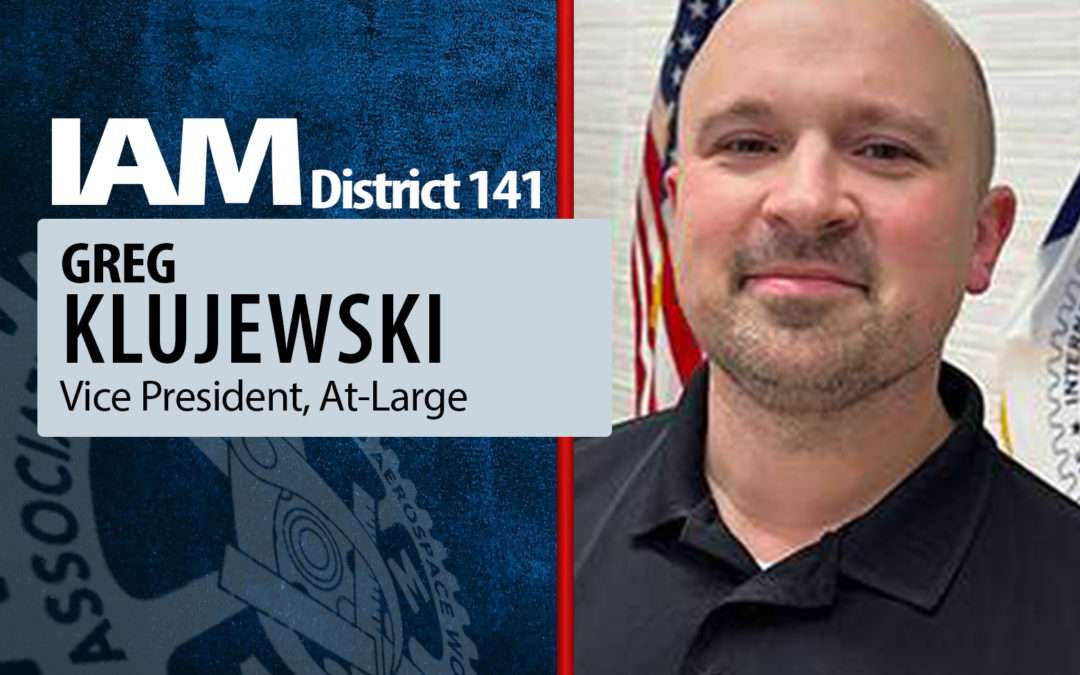
Greg Klujewski Appointed IAM District 141 Vice President At-Large
Greg Klujewski Appointed IAM District 141 Vice President At-LargeIAM141.org3 September 2025Union Leader and Educator empowering the next generation of Machinists Greg Klujewski, a longtime union activist from Local Lodge 1487, has been appointed Vice...


